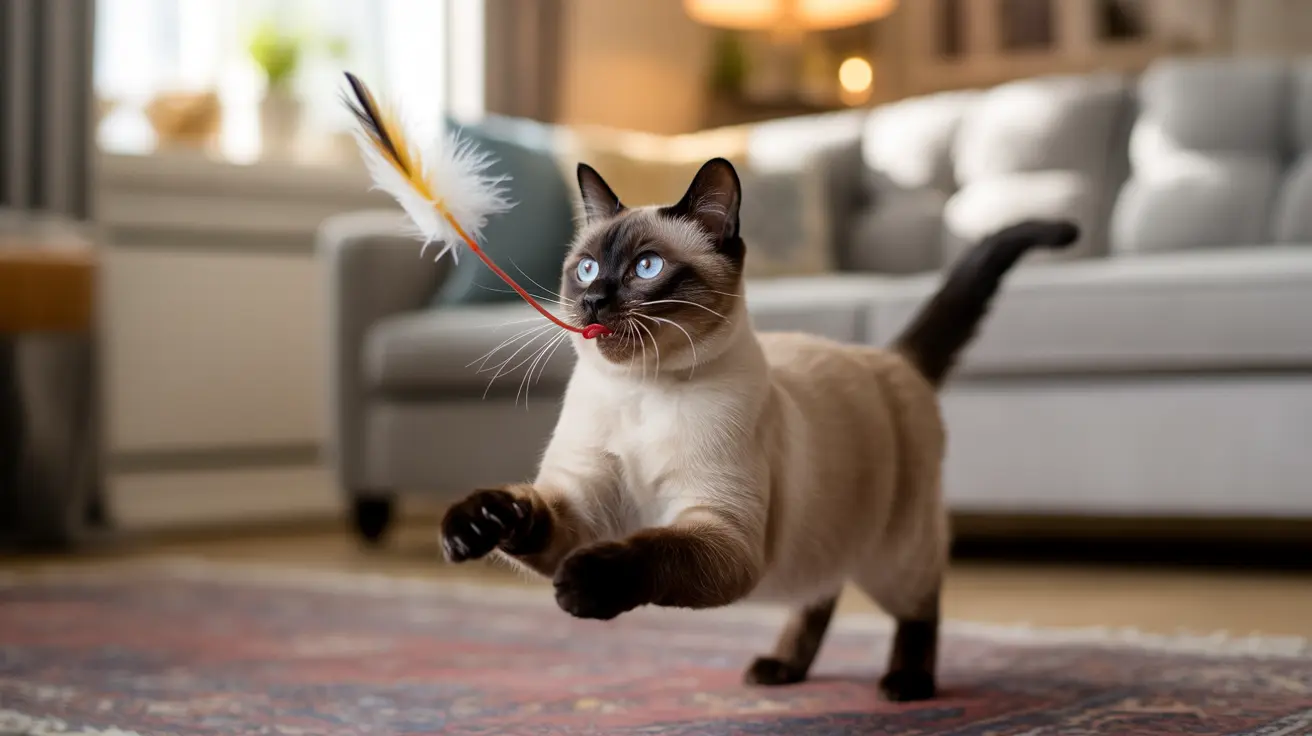Contrary to popular belief, cats aren't entirely self-sufficient creatures. While they may seem independent, cats require regular, meaningful attention from their owners to maintain optimal physical and emotional health. Understanding how much attention your cat needs is crucial for ensuring their wellbeing and strengthening your bond.
Daily Attention Requirements for Cats
Most cats need 20-30 minutes of dedicated attention each day at minimum. This interaction should include a mix of activities like playing, petting, grooming, or simply spending quality time together. However, these requirements can vary significantly based on your cat's individual personality and circumstances.
Active breeds like Siamese or Bengal cats typically need more engagement, sometimes up to an hour or more of interactive play daily. Senior cats might prefer shorter, gentler sessions focused on companionship rather than vigorous play.
Understanding Your Cat's Attention Signals
Cats communicate their need for attention in various ways. Some common indicators include:
- Persistent meowing or vocal communication
- Following you from room to room
- Pawing at you or your belongings
- Lying on your workspace or electronic devices
- Increased destructive behavior
- Changes in eating or litter box habits
Age-Specific Attention Requirements
Kittens (0-1 year)
Kittens require the most frequent attention, often needing multiple play sessions throughout the day. These interactions are crucial for proper socialization and development of essential skills.
Adult Cats (1-7 years)
Adult cats generally settle into predictable patterns, requiring consistent daily attention but with more flexibility in timing and duration.
Senior Cats (8+ years)
While older cats may be less active, they still need regular attention focused on comfort and gentle interaction.
Quality Time Activities
Effective attention includes various forms of engagement:
- Interactive play with wand toys or laser pointers
- Grooming sessions and gentle massage
- Training exercises with positive reinforcement
- Quiet companionship during activities like reading or watching TV
- Environmental enrichment through climbing structures and puzzle toys
Meeting Attention Needs When You're Busy
For working pet parents, creative solutions can help ensure your cat receives adequate attention:
- Schedule regular play sessions before and after work
- Install window perches and cat trees for entertainment
- Use automatic toys and puzzle feeders
- Consider adopting a companion cat
- Create a stimulating environment with various toys and scratching posts
Frequently Asked Questions
How much daily attention does my cat need to stay happy and healthy?
Most cats need at least 20-30 minutes of dedicated attention daily, though some may require up to an hour or more depending on their age, breed, and personality.
What are the signs that my cat is seeking more attention from me?
Common signs include increased vocalization, following you around, destructive behavior, excessive grooming, and changes in eating or litter box habits.
How does my cat's age or breed affect how much interaction it needs?
Kittens and active breeds typically need more frequent attention and play, while senior cats may prefer shorter, gentler interactions. Breed-specific traits can significantly influence attention requirements.
What types of play or activities count as good attention for cats?
Quality attention includes interactive play with toys, grooming sessions, training exercises, gentle petting, and simply spending time together in the same space.
How can I provide enough attention to my cat if I work long hours?
Establish regular play routines before and after work, provide environmental enrichment, consider automatic toys or puzzle feeders, and potentially adopt a companion cat for social interaction.
Conclusion
While cats may have a reputation for independence, they truly thrive on regular attention and interaction with their human companions. By understanding and meeting your cat's specific attention needs, you can ensure they remain happy, healthy, and well-adjusted members of your family.






